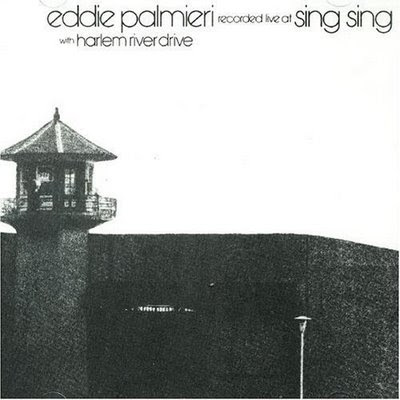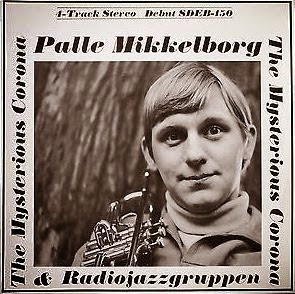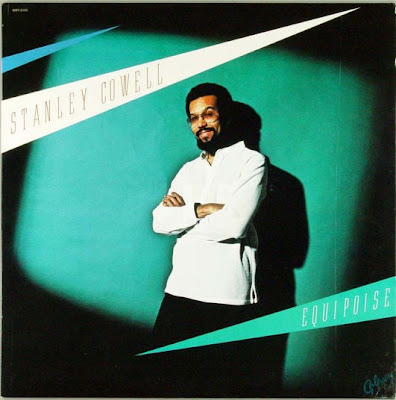EDDIE PALMIERI WITH HARLEM RIVER DRIVE - LIVE AT SING SING

Eddie Palmieri for Tico from 1972
More essential listening-very highly recommended.
Eddie Palmieri - Piano* Charlie Palmieri - Organ*Ronnie Cuber - Saxophone*Cornell Dupree - Guitar* Joe Gaines - M.C.* Andy Gonzalez - Bass* Ismael Quintana - Vocals, Choir, Chorus* Raymond Maldonado - Trumpet* Nicky Marrero - Bongos* Charlie Santiago - Timbales* Ray Romero - Conga* Felipe Luciano - Voice* Jimmy Norman - Vocals* Harlem River Drive Singers with Lorene Hanchard - Vocals* Alvin Taylor - Vocals* Harry Viggiano - Guitar* Jerry González - Percussion* Hank Anderson - Guitar (Bass)* José Papo Rodríguez - Trombone* Arturo Campa - Vocals *Arturo Franquiz - Vocals
Review nicked from musthear.com:
Before the heyday of Salsa, Eddie Palmieri functioned as a path-breaking phenomena from Puerto Rico. His lingering influence on Latin music cannot be overstated. This album perfectly combines Palmieri’s experimentalism with the heavy rhythms that kept him ahead on the street. Playing for the toughest of crowds imaginable–the inmates of New York’s notorious Sing-Sing prison–Palmieri and band tore through an ambitious and aggressive set of funky salsa tunes that had the guards dancing in their towers. The prisoners responded with riotous enthusiasm to the music, whose gritty sound came out of the poverty of the Barrio, in South East Harlem, in the Bronx, and other places where bad breaks abounded. This, after all, was THEIR music, and anybody familiar with the condition of America and its prisons in the early 70s (remember Attica!) can understand why the aggressive rhythms of Palmieri resonated so deeply with the incarcerated audience at Sing-Sing.
After a no-nonsense introduction by M.C. Joe Gaines, the concert kicks off with a high-energy salsa, “Pa La Ocha Tambo.” The drummer plays funky, the percussionists throw in handfuls of Latin spice, the horns storm through rhythmic melody lines, the singers soulfully belt out Spanish lyrics, and finally, with great fanfare, Palmieri steps out. He launches into a fiery solo loaded with flourishes of McCoy Tyner, Thelonious Monk, and Latino America. The brass section and singers lock into a heated call and response exchange that gets mesmerizing by the time the song hits the 10-minute mark. The song ends, the prison yard erupts with joy, and the band responds with “V.P. Blues.” This is a heavy early 70s salsa, the exact kind of thing that Santana was busy popularizing with mainstream audiences outside the penal system. The electrifying guitar solo even has a hard Santana blues edge.
The crowd is thoroughly warmed up by the time street poet Felipe Luciano takes to the stage. Luciano stirs the crowd deeply with his spoken word piece, “Jibaro / My Pretty Nigger.” Reciting his poetry with the skill of a ghetto-corner preacher (think the young Malcolm-X), Luciano brings the crowd to its feet with his politically charged words, which read like the lyrics of a classic Gil Scott-Heron or Last Poets song. The album closes out with Eddie Palmieri’s supergroup Harlem River Drive joining in on the album’s funkiest track, “Azucar.” Harlem River Drive was the first group to really merge black and Latin styles and musicians, resulting in a freewheeling fusion of salsa, funk, soul, and jazz. Just when it seems impossible, this song takes things higher, bringing the set to a powerful climactic close.
If this music could–for an afternoon–liberate the inmates of Sing-Sing prison, imagine what it can do for you.


